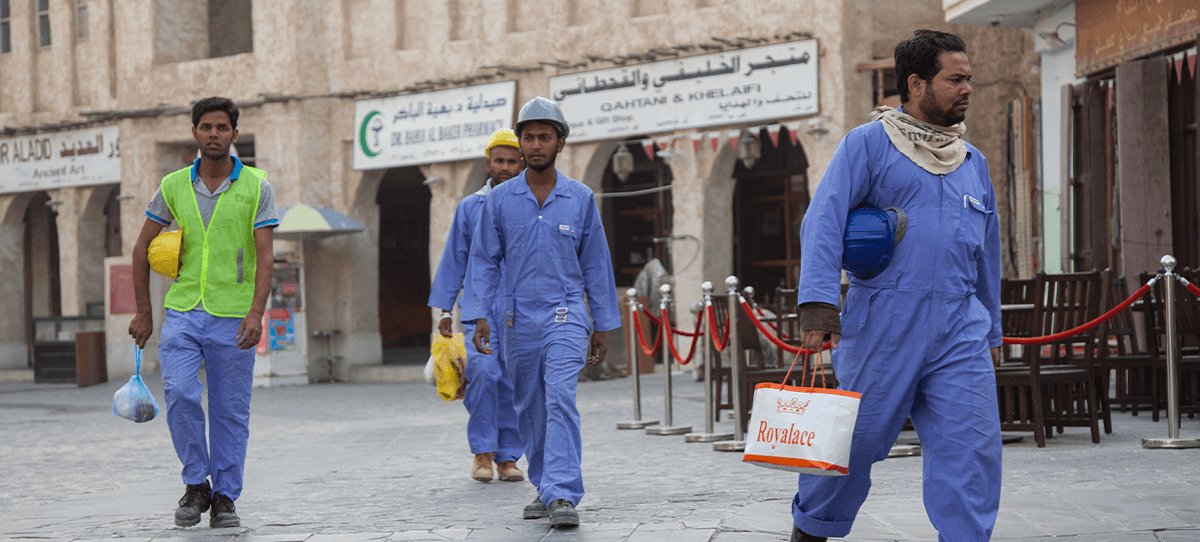Saudi Arabia is one of the few countries in the world that still actively enforces the death penalty. The kingdom’s justice system, rooted in Islamic Sharia law, mandates capital punishment for a range of offenses, including murder, terrorism, drug trafficking, apostasy, and sorcery. Although in 2022 the Crown Prince Mohammed bin Salman has proposed changes[…]
Over 30 years ago, on 13 February 1992, Bahrain became a party to the United Nations Convention on the Rights of the Child (CRC). This landmark treaty established universal human rights for children under the age of 18 years old. The treaty has been almost unanimously adopted in the United Nations with all but one[…]
For two decades, the host has been a staple of the Formula One calendar. But behind the glitz and speed of the race lies a troubling reality: Bahrain’s use of F1 to use its ongoing human rights abuses. The government leverages this high-profile sporting event to polish its international image, while simultaneously silencing dissent, imprisoning[…]
Saudi Arabia, home to millions of migrant workers, heavily relies on foreign labor for domestic work, primarily women working as housemaids, nannies, and caregivers, which are a significant part of the country’s labor force. However, despite their essential role in the country’s households, migrant domestic workers, primarily from Southeast Asia and Africa, face widespread discrimination,[…]
For decades, Indian workers have sought employment in the Gulf region, lured by the promise of higher wages and better opportunities. However, for many, this dream quickly turns into a nightmare of abuse, exploitation, and modern-day slavery. Saudi Arabia, one of the largest employers of migrant labour from India, has repeatedly come under scrutiny for[…]









